Our Process
Here’s How We Do It
When you choose Yankee Pest Control, you choose a knowledgeable and experienced partner, who knows how to get rid of rodents from your home or business. This is what you can expect from us.
Schedule an Appointment
Call us to schedule a convenient appointment for a thorough inspection.
Expert Inspection
Our highly experienced technicians inspect your property, identifying the type and extent of the rodent infestation to determine the best removal and prevention approach.
Strategic Trapping and Exclusion
We combine targeted trapping to eliminate existing pests with long-term exclusion methods to seal your property and prevent future infestations.
Plus, we employ the latest technologies (such as carbon dioxide and carbon monoxide equipment) that are fast, effective alternatives to fumigation and humane ways to eliminate rodent populations.
Follow-up
We provide a detailed report of our findings and services and recommend any changes and/or improvements you can take to reduce a future rodent infestation.

COMPARE PLANS
Which Plan is Right for You?
Choose from our Healthy Homes, Healthy Homes & Yards, or Healthy Homes & Yard Premium—all protection plans are backed by a 1-year warranty.
Basic
Healthy Homes
Starting at
$40/mo*
Our Healthy Homes Protection plan offers year-round protection.
What's Covered?
- Ants
- Mice
- Rats
- Roaches
- Earwigs
- Spiders
- Silverfish
- Pill Bugs
- Bees Nests
- Carpenter Ants
- Wasps Nests
- Centipedes
Standard
Healthy Homes & Termites
Starting at
$57/mo*
Includes year-round protection from all the pests in the Healthy Homes Protection Plan plus termites.
What's Covered?
- Ants
- Mice
- Rats
- Roaches
- Earwigs
- Spiders
- Silverfish
- Pill bugs
- Carpenter Bees
- Carpenter Ants
- Wasps Nests
- Centipedes
- Termites
Most Popular
Plus
Healthy Homes & Yard
Starting at
$73/mo*
Includes year-round protection from all the pests in the Healthy Homes Protection Plan plus mosquitos and ticks.
What's Covered?
- Ants
- Mice
- Rats
- Roaches
- Earwigs
- Spiders
- Silverfish
- Pill bugs
- Carpenter Bees
- Carpenter Ants
- Wasps Nests
- Centipedes
- Mosquitos
- Ticks
Premium
Healthy Homes & Yard Premium Protection
Starting at
$107/mo*
Includes year-round protection from all pests listed in the Healthy Homes & Yard, plus Termites plan.
What's Covered?
- Ants
- Mice
- Rats
- Roaches
- Earwigs
- Spiders
- Silverfish
- Pill bugs
- Carpenter Bees
- Carpenter Ants
- Wasps Nests
- Centipedes
- Mosquitos
- Ticks
- Termites
*Subscriptions billed annually.

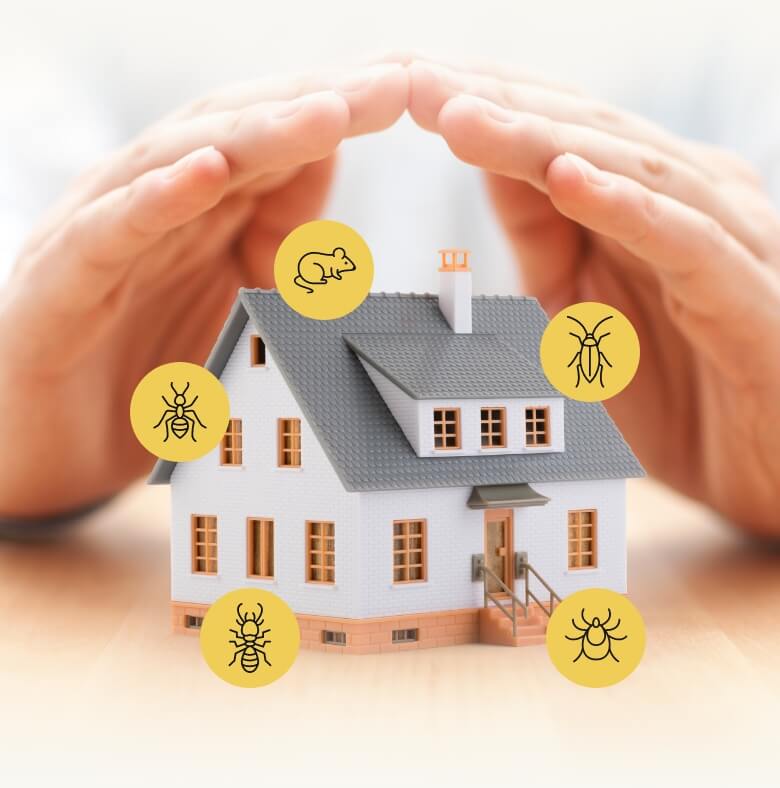
Rodents carry diseases, damage property, and contaminate food, making effective pest control crucial to maintain a healthy and safe environment.
Cockroaches transmit disease, trigger allergies and asthma, contaminate food, water, and surfaces, create unpleasant odors and can even cause structural damage.
Ticks can transmit diseases, such as Lyme disease, Rocky Mountain spotted fever, anaplasmosis, and babesiosis, among others.
Termites can consume up to one pound of wood per day, and their damage can cause ceilings and floors to collapse.
Ants can become a nuisance as they invade homes, contaminate food, and potentially cause structural damage.
YEAR-ROUND PROTECTION
Healthy Homes Pest Management
Seasons aren’t the only things that change in New England – pests do too! Depending on the season, your home will play host to a variety of pests, from ants and crawling insects in spring and summer, to wasps in summer into fall, and mice and rats in winter.
PEST MANAGEMENT BENEFITS
Health and Safety
Our effective pest management practices reduce the risk of disease transmission by controlling pests that can carry pathogens harmful to humans and pets.
Property Preservation
By controlling pests, you reduce the risk of structural damage to buildings, furniture, and other property, ensuring its longevity.
Peace of Mind
Knowing that your home or business is protected from pest-related issues provides peace of mind and a sense of security.
Count on us
Why Yankee Pest Control
With years of experience in pest control, we’re your proven and trusted partner in keeping pests away from your home or business.
Learn more
Rat 101: What You Need to Know
-
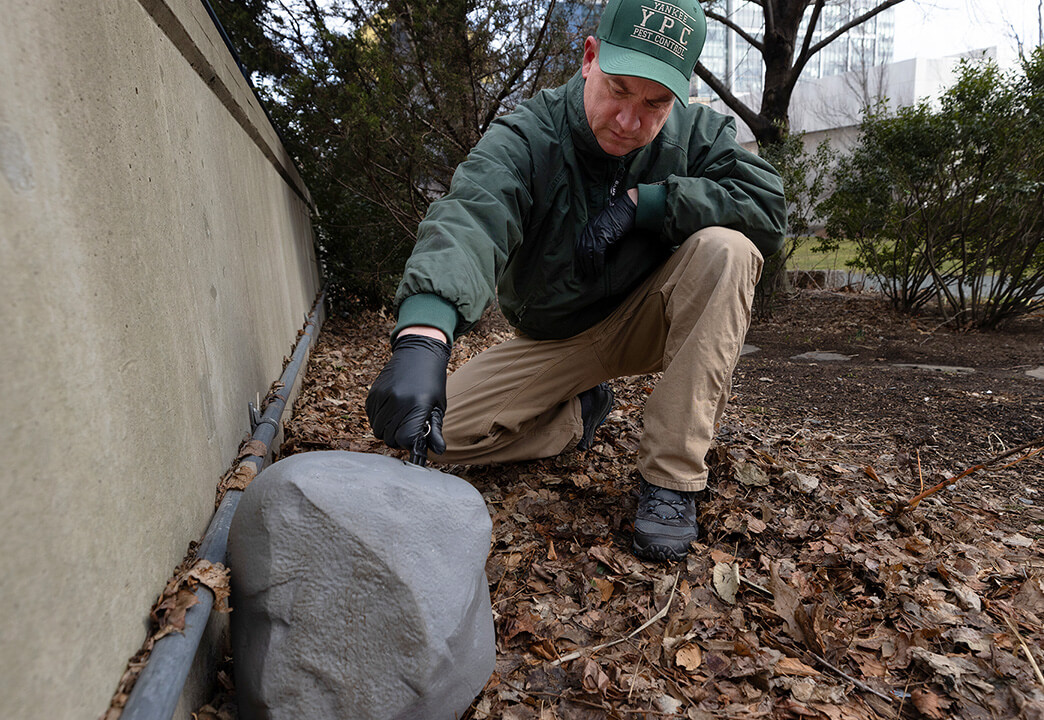
What do pest control companies do for rats?
-
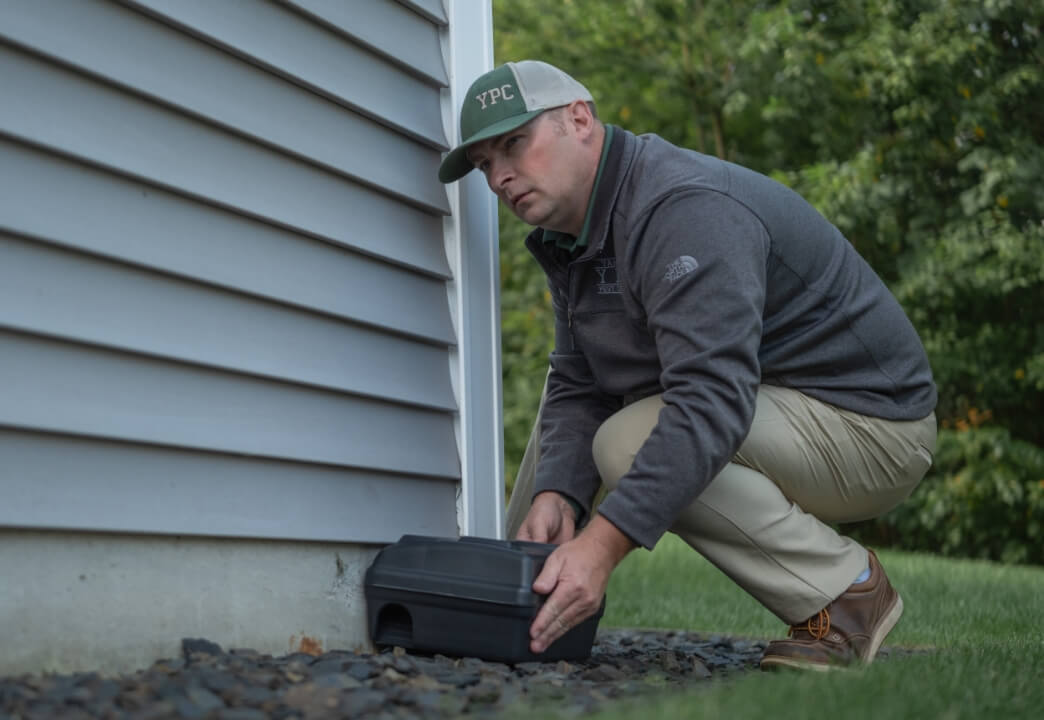
Effective Ways to Prevent Rats in Your New England Home
-
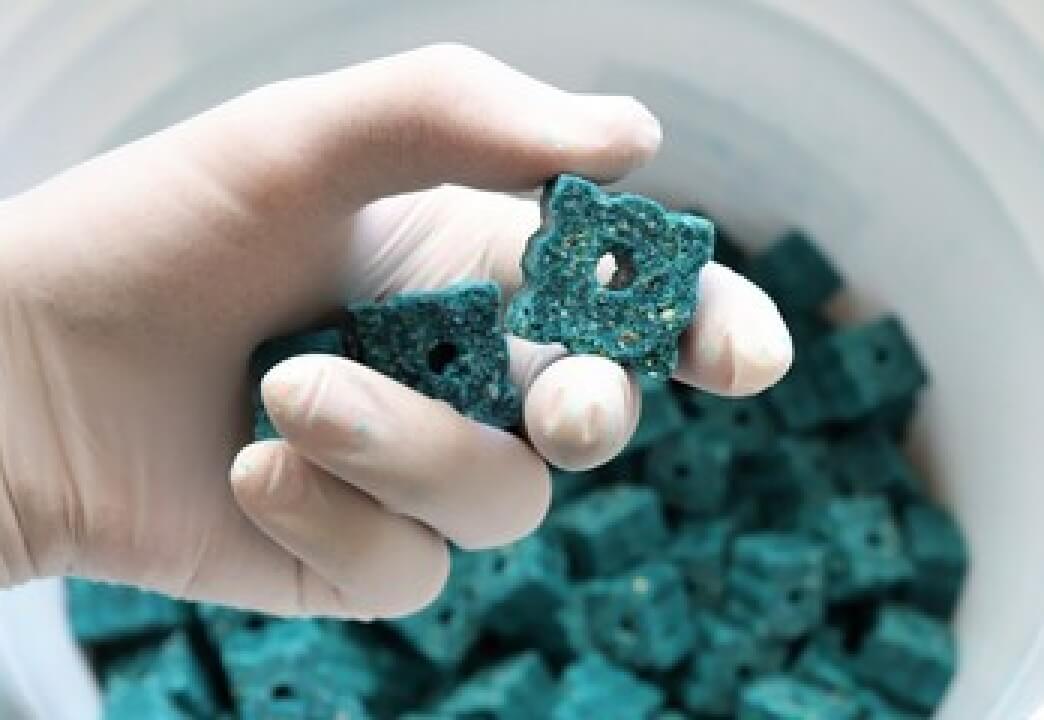
Effective Rat Control Products: A Comprehensive Guide for Homeowners
-
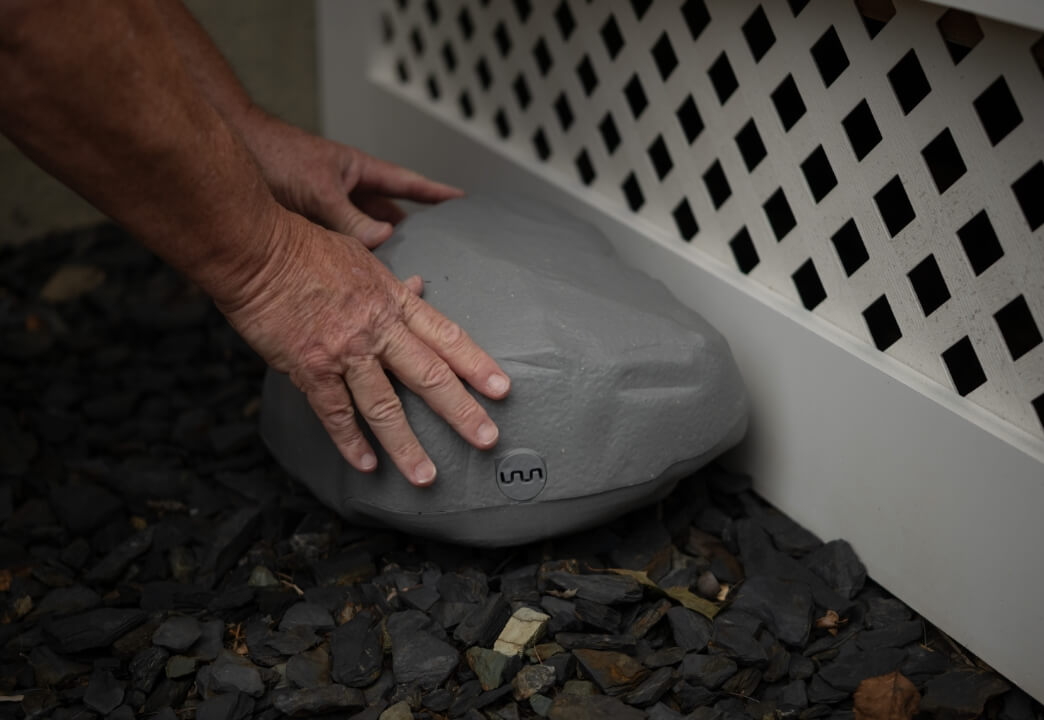
How to Rat-Proof Your Home: A Comprehensive Guide from Pest Control Experts
-
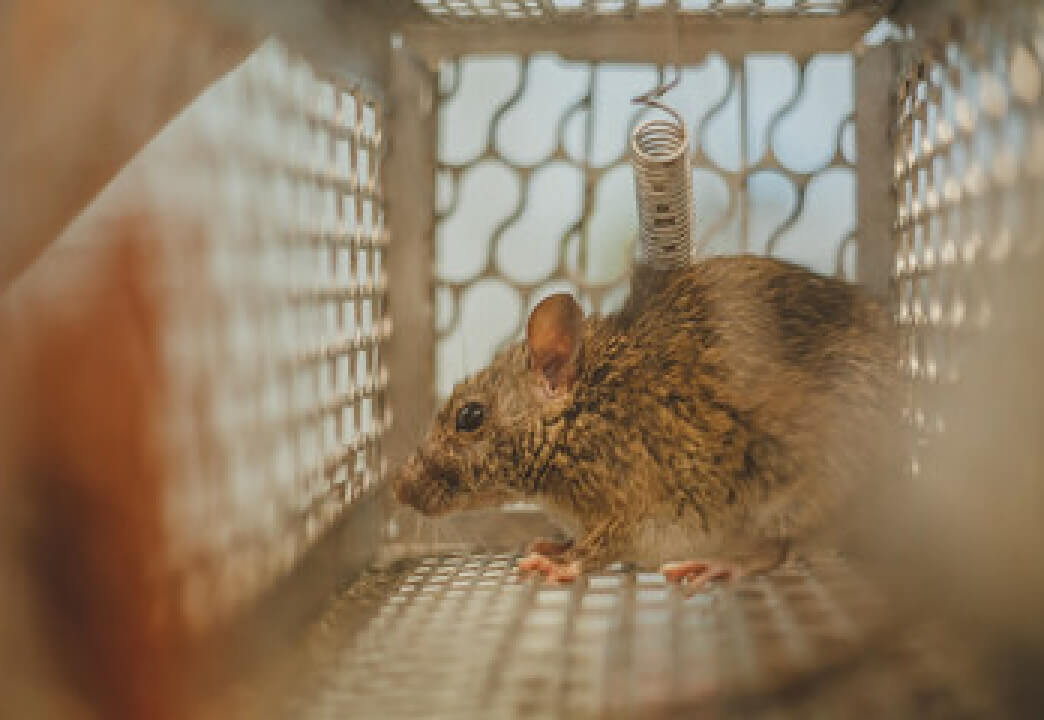
How to Get Rid of Rats Naturally: A Pest Control Guide
-
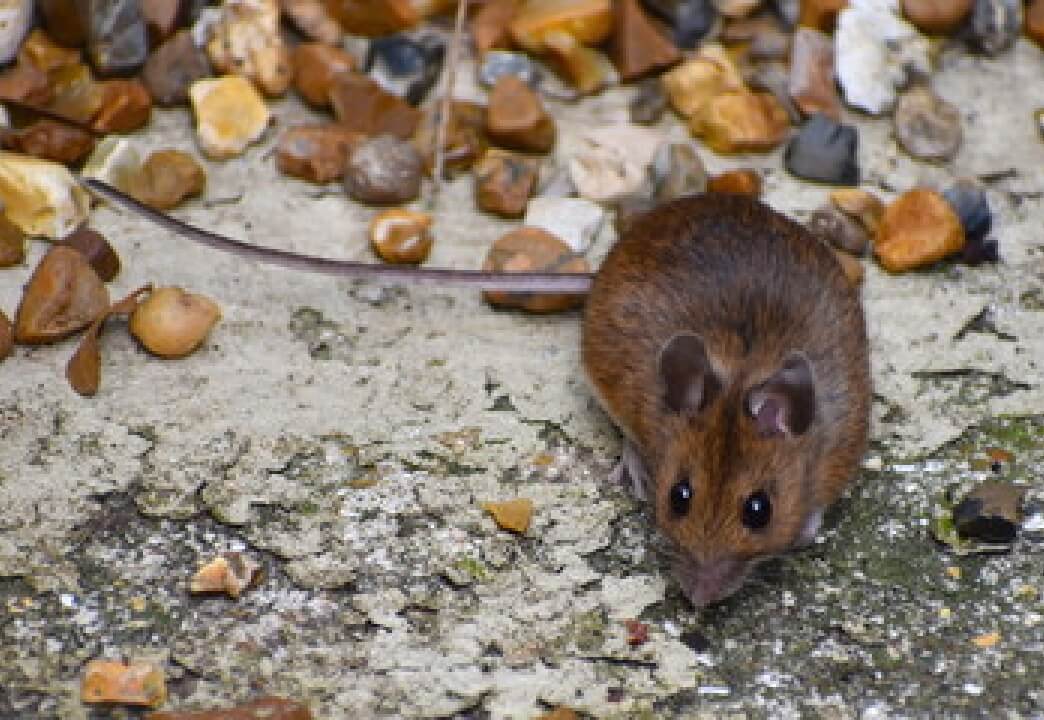
Unwanted Guests: How do you know if you have a rat infestation?
FAQs
Have a Question?
How can I tell if I have a rodent infestation?
There are a few signs you can look for to see if you have a rodent infestation. Here are some of the most common:
Droppings: Rodents frequently leave droppings behind as they move about. Mouse droppings are small and resemble rice grains, while rat droppings are larger and shaped like capsules. Finding droppings in areas like the kitchen, pantry, or along walls is a clear sign of rodent activity.
Gnaw Marks: Rodents have strong teeth and gnaw on various materials. Look for gnaw marks on wires, insulation, wood, cardboard, and other items. Fresh gnaw marks will be lighter in color.
Nesting Materials: Rodents build nests using materials they find in your home, such as paper, fabric, and insulation. Discovering nests in hidden spaces, like attics, basements, or wall voids, is a sign of an infestation.
Scratching Noises: Rodents are active at night, and you may hear scratching, scurrying, or squeaking sounds coming from walls, ceilings, or crawl spaces, particularly when it's quiet.
Visible Rodents: Occasionally, you may spot live rodents, especially during the evening hours. Mice are typically smaller, while rats are larger and more visible.
Pet Behavior: If your pets suddenly become more agitated or focused on a particular area, they may be sensing the presence of rodents.
Grease Marks: Rodents often leave grease or dirt marks along their regular travel paths. You might notice dark, greasy streaks on walls, baseboards, or along corners.
Chewed Packaging: Check food packaging in your pantry for signs of gnawing or holes. Rodents often contaminate food items and packaging.
Unexplained Pet Illness: Rodents can carry diseases and parasites. If your pets become sick without an apparent cause, it may be related to rodent activity.
Odors: Rodent infestations can lead to unpleasant odors due to urine, feces, and decaying rodents in hidden spaces. These odors may be particularly noticeable in enclosed areas.
Dirt or Rub Marks: Rodents frequently travel along walls and create dirt or rub marks as they brush against surfaces.
Do rodents pose a health risk?
Unfortunately, yes. Rodents can pose significant health risks to humans. They are known carriers of various diseases, such as hantavirus, salmonella, leptospirosis, rat-bite fever, asthma and allergies, parasitic infections, and bacterial infections, and can transmit these diseases through direct contact with their urine, feces, saliva, or bites.
What is the best method for getting rid of rodents?
The best method for getting rid of rodents depends on the specific circumstances of your infestation, including the type of rodent, the extent of the problem, and your preferences for pest control. A combination of methods is often the most effective approach.
How can I prevent rodents from returning?
Preventing rodents from returning to your home is crucial to maintaining a rodent-free environment. Here are some effective preventive measures to help you keep rodents at bay:
- Seal entry points, including gaps, cracks, and holes in walls, foundations, doors and windows
- Install door sweeps on exterior doors to block gaps at the bottom. Use screens on windows, vents, and chimneys
- Trim bushes, shrubs, and tree branches near your home, keeping them at least 18 inches away from your exterior walls and roof.
- Store all food, including pet food, in airtight containers made of glass or metal. Keep pantry shelves clean and free of crumbs.
- Use rodent-resistant trash cans with secure lids. Make sure garbage cans are kept clean and lids are tightly closed.
- Regularly clean your home, including regular vacuuming and cleaning to eliminate crumbs and food residues.
- Make sure downspouts and gutters direct water away from your home's foundation.
- Declutter home, basement, attic and garage to eliminate potential nesting sites.
- Don't leave pet food out overnight. Store it in sealed containers, and clean up any spilled food promptly.
- Store firewood, construction materials, and other outdoor items at least 18 inches above the ground and away from your home's foundation.
- Periodically inspect your property for signs of rodent activity to catch any potential problems early. We can do this for you as part of our Healthy Homes Protection Plans.
Are there humane ways to deal with rodents?
Yes, there are humane ways to deal with rodents, such as using live trap and release and Integrated Pest Management (IPM)—both of which are used by Yankee Pest Control.
While humane methods can be effective, they may not always be practical for severe infestations or specific situations where rodents pose a significant health or safety risk. Additionally, releasing rodents into new environments can potentially introduce them to other wildlife and disrupt local ecosystems, so it should be done responsibly and in compliance with local regulations.
Can I handle rodent control on my own?
Yes, you can handle rodent control on your own, especially for minor infestations. If you have a larger infestation though, it becomes challenging, and it may make more sense to call Yankee Pest Control at (781) 397-9923.
If you want to try to manage rodent control on your own, here are some steps you can take:
- Figure out which type of rodent you are dealing with (e.g., mice or rats) and how big the infestation is. This will help you choose the most appropriate control methods.
- Research rodent behavior, habits, and biology to better understand how to effectively control them.
- Choose control methods based on your knowledge of rodent behavior. Common DIY methods include traps (snap traps or live traps), rodenticides (know state laws and act with caution and according to instructions particularly around children and pets), and preventive measures.
- Take safety precautions when handling traps or rodenticides. Wear gloves and a mask when cleaning up rodent droppings or nesting materials to avoid potential exposure to disease.
- Place traps or rodenticides in areas where rodents are known to frequent, such as along walls, near entry points, or where you've seen signs of activity (droppings, gnaw marks).
- Use suitable bait for traps, such as peanut butter, cheese, or commercially available bait. Follow instructions carefully.
- Regularly check traps and replace bait as needed. Remove captured rodents promptly to prevent odors and attract other pests.
- Identify and seal potential entry points into your home using materials like steel wool, caulk, or hardware cloth.
- Maintain cleanliness throughout your home, especially in the kitchen and pantry, to eliminate food sources and reduce attractiveness to rodents.
- Implement preventive measures, such as trimming vegetation near your home, proper food storage, and reducing clutter.
- Periodically inspect your property for signs of rodent activity to catch any potential problems early.
- Stay patient and persistent. Continue your efforts until you are sure the infestation is under control.
If you have a severe or persistent rodent infestation, or if you are uncomfortable handling the infestation on your own, give us a call at (781) 397-9923. We have the expertise, equipment, and resources to effectively address rodent problems, especially in complex or challenging situations.






